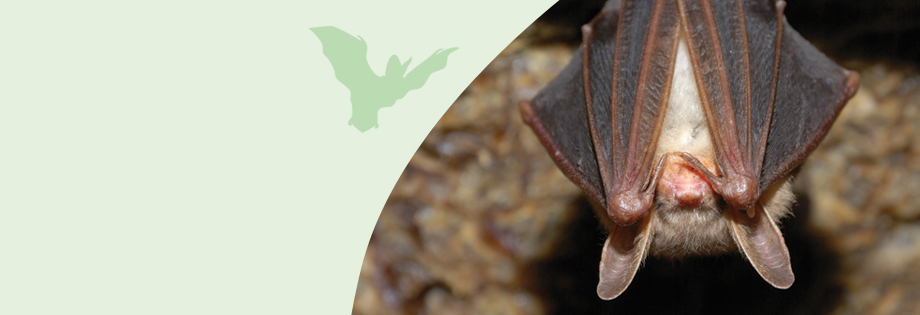Criteria for Partnership of BatLife Europe
A BatLife Europe Partner must meet some or all of the following criteria:
1. Be an independent, membership and/or volunteer based, national, non-governmental organisation (NGO), and governed by an elected body.
2. Have a legal identity in the country in which it is based, allowing it to become a member of an international NGO.
3. Be financially viable and capable of raising funds to continue its activities long-term.
4. Pay an annual membership fee to BatLife Europe (minimum €100).
5. Have a demonstrable interest in the conservation of bats and bat habitats, sharing the BatLife Europe Strategy and programme objectives.
6. Work and have good relationships with relevant organisations and individuals within the geographic area it operates in.
7. Cover a country or other distinct geographical territory.
8. Have experience and capacity, through its national and local networks, to:
Collect data on the conservation status of species, sites and habitats.
Identify and monitor the status of Important Bat Areas (IBAs) in a country.
Influence land-use and other social and economic policies impacting on bats and their habitats.
Initiate or promote relevant conservation action with particular reference to IBAs and threatened species.
Promote interest in bats, conservation and the environment through public awareness campaigns and educational programmes.
9. Contribute to the activities of BatLife Europe.
We'd like to encourage all NGOs interested in becoming a BatLife Europe partner organisation. Please complete this expression of interest form, and email any questions to the BatLife Europe administrator at batlifeeurope@bats.org.uk
Expression of Interest Form
a) Organisation details
b) Contact details

